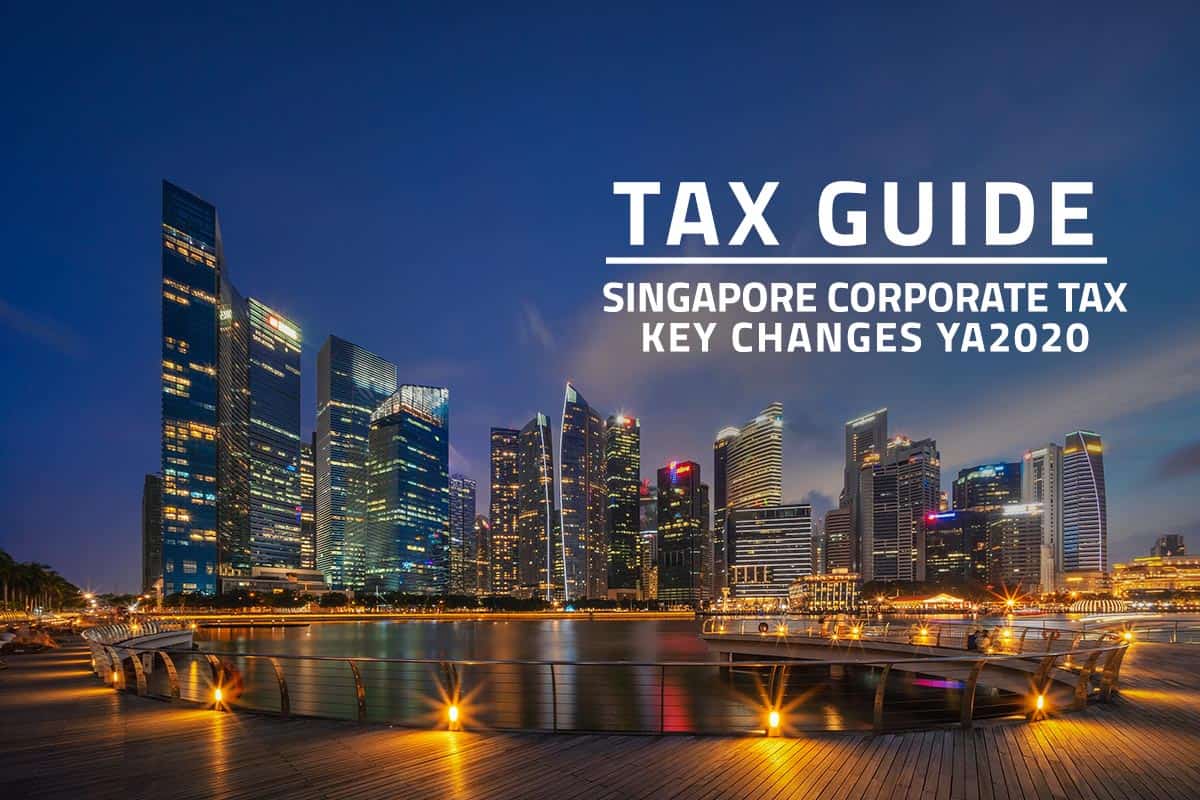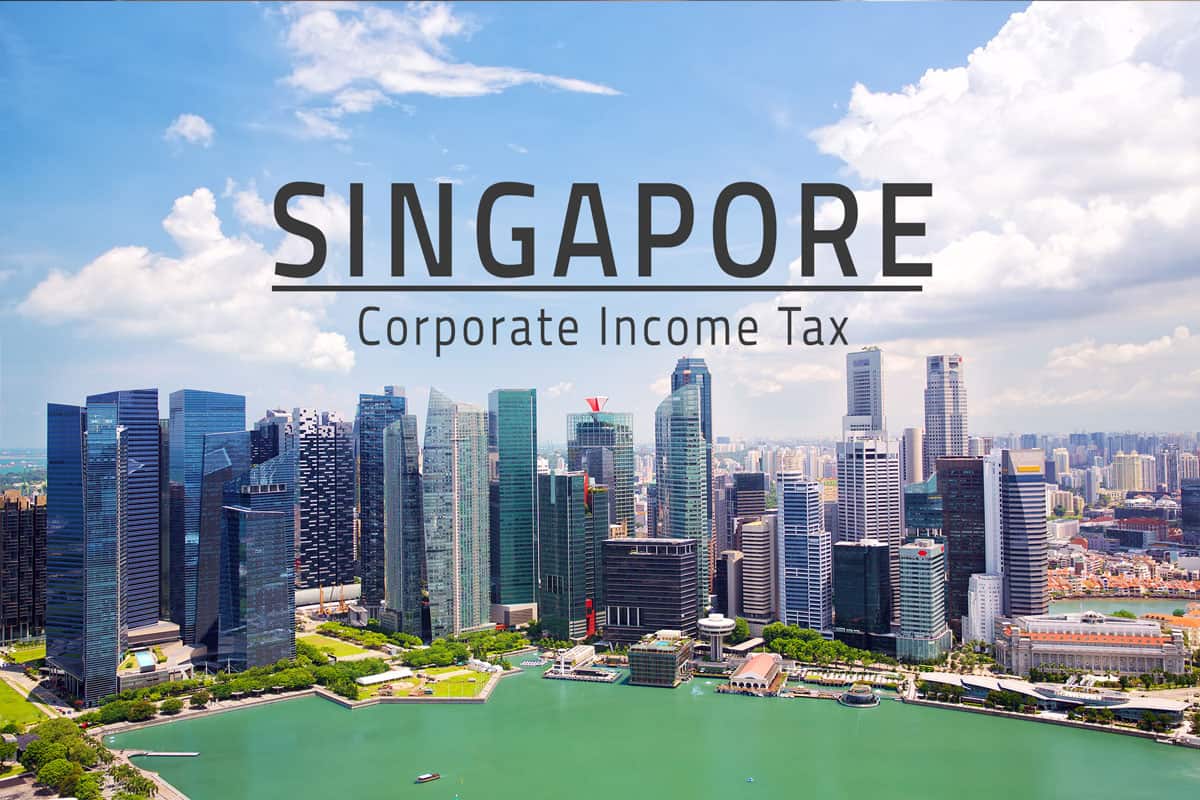Filing Singapore corporate tax returns for YA2020 will be a little bit different compared to previous years, due in part to complications brought about by the COVID-19 pandemic.
The corporate tax season just opened this month and IRAS is set to receive corporate tax filings for YA2020. Singapore companies and local business owners should take note of the changes made by IRAS to assist taxpayers, starting with the mandate that all returns will be filed electronically, in accordance with government-implemented circuit breaker measures to contain the spread of the virus.
The following is a step-by-step guide to e-filing corporate tax returns in Singapore for YA2020.
Understanding corporate tax rates in Singapore
The corporate tax rate applicable to businesses in Singapore varies depending on the number of years during which the business has been active.
For new businesses with three years of operations or less, the tax rate starts at 4.25% for the first SGD100,000 in taxable income and it progressively goes up to 8.5% for income between SGD100,001 and SGD200,000, and 17% for taxable income between SGD200,001 and beyond.
For businesses with more than three years in operation, the tax rate starts at 4.25% for the first SGD10,000 in taxable income and it progressively increases to 8.5% for income between SGD10,001 and SGD200,000, and 17% for income between SGD200,001 and beyond.
For YA 2020, IRAS has granted corporate taxpayers a 25% rebate on their tax bill, up to a maximum amount of SGD15,000.
Additionally, IRAS has also allowed companies to carry-back their trade losses and capital allowances (CA) from the current year to up to the three years preceding 2020.
A Detailed Overview of Form C and Form C-S
Forms C and C-S are both used to file corporate taxes in Singapore. However, they are used under different circumstances.
Form C is the standard corporate tax filing form and it requires various supporting information obtained from the different financial transactions made by the business during the year of assessment. This form applies to all companies that have earned taxable income from selling goods or services in Singapore or by selling to customers overseas if the proceeds were received in Singapore.
Form C-S is a simplified version of Form C. This form has fewer fields and it is easier to fill, especially for small and mid-sized businesses.
Additionally, companies eligible to use Form C-S for their corporate tax filing do not have to submit financial statements or any other supporting documents as all the information required will be contained in the form.
To qualify for using this form, companies must meet the following criteria:
- Be incorporated in Singapore.
- Generate an annual revenue of SGD5 million or less.
- Only derive income that’s taxable under the 17% rate.
- Not claim carry-backs, group relief, investment allowance, or foreign tax credit.
Step-by-Step Guide to e-File Corporate Tax in Singapore
To file corporate taxes in Singapore companies must follow these simple steps:
- Register with CorpPass.
- Create and activate user accounts.
- Authorize user accounts (Certified Public Accountants or other third parties) to access e-Services for the company.
- File corporate tax Forms C or C-S.
Conclusion
While Singapore is a leader in the availability of online financial processes, new companies and business owners still run the risk of making mistakes in e-filing their tax returns or miss submitting crucial information, which could lead to heavy penalties from IRAS.
It is a good option to seek assistance from a qualified tax professional services firm such as PWCO. With over 30 years of experience in the industry, our tax experts can ensure Singapore companies enjoy the maximum benefits of IRAS tax incentives and remain in full compliance with the local tax legislation.
Related Posts
Corporate Income Tax YA2020: Key Changes
Corporate tax filing season is kicking off in Singapore and accountants and companies should start…
An Overview of the Singapore Corporate Tax Rate
Companies are required to file annual income tax returns to the Inland Revenue Authority of…










